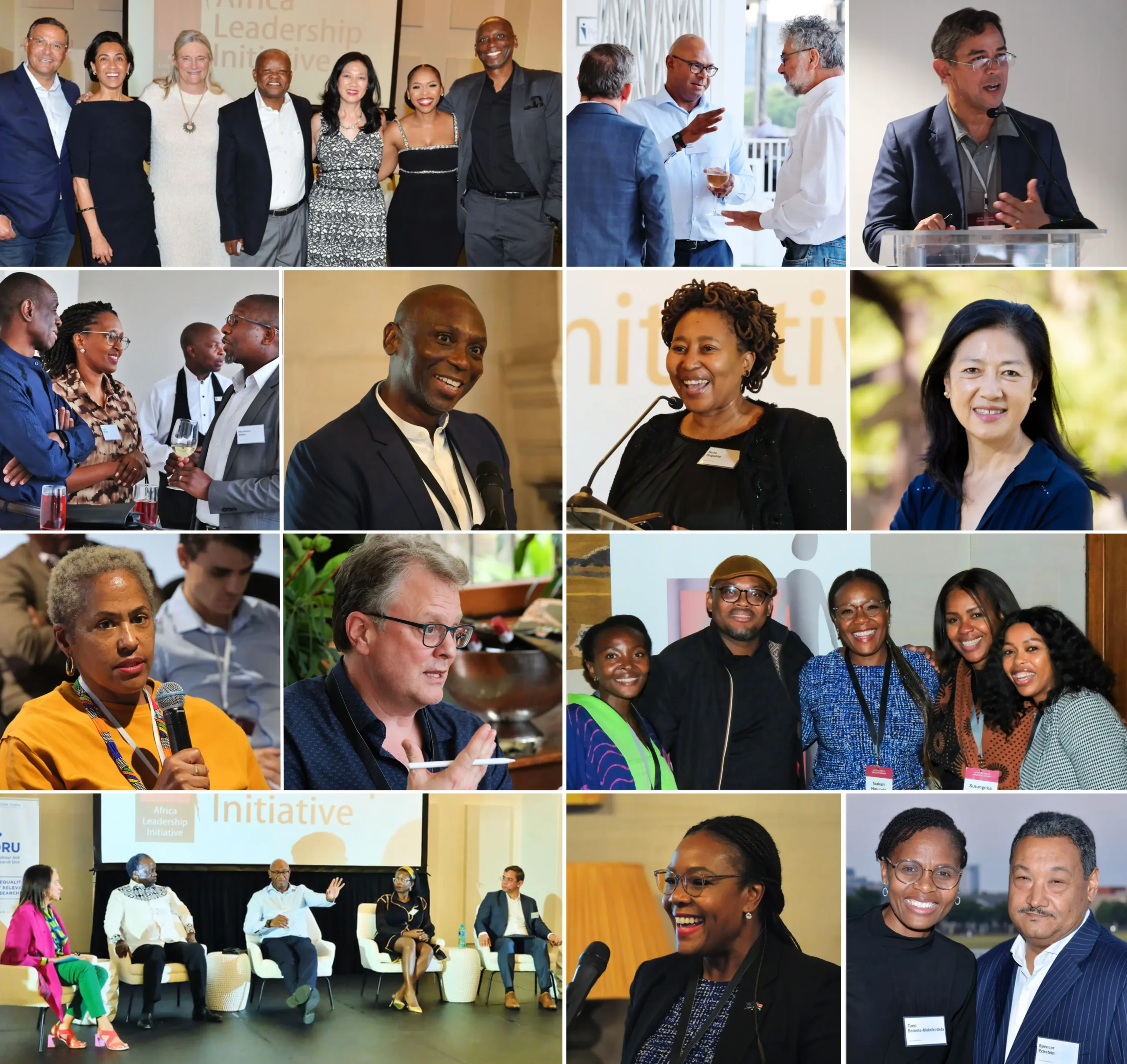 Long, long ago driving with my grandfather (a teetotaller and plumber) we saw someone lying next to the road. He pulled over and we checked on the man – somewhat drunk, but uninjured – then gave him, a complete stranger, a lift home.
Long, long ago driving with my grandfather (a teetotaller and plumber) we saw someone lying next to the road. He pulled over and we checked on the man – somewhat drunk, but uninjured – then gave him, a complete stranger, a lift home.
Yesterday I saw two people lying on the pavement outside a private hospital in Rondebosch, Cape Town. Along with others, pedestrians and drivers, I drove on by. Wondering about their stories and about how many people even “saw” them, I counted four more along the M5 on my way home.
Some months ago, I was talking to a Fellow from my ALI class about Tony D, an unfortunate individual I’ve known for years, shot in gang and police cross-fire in Parkwood and now physically disabled, begging at traffic lights. He asked why we would think that any member of our national cabinet would spare Tony D a thought or second glance?
What have we become?
In our second seminar, we consider the characteristics of a Good Society. For me, years later, I have distilled my answer to one line: a Good Society is one that is consciously trying to be better. This entails knowing what is wrong currently, how we came to be here, having an evolving view of how to improve and then doing the necessary work at scale and with urgency. Most importantly, this involves working in consort with others who share values and who bring diverse experiences to bear.
Despite having a scattering of good individuals, the leadership of our political parties seem bereft of any ability to extract themselves from habitual thinking and practices. When ineptitude and corruption, moral and financial, is common across our institutions, when our history is forgotten and a tribalism of creed and race is raising its head, we need to gather to consider the big questions that have guided society and those who step up to manage it.
In honour of our Constitution, those who made it possible and those who protect it today, we must vote on the 1st of November. The lived reality of all, though primarily the poorer amongst us, reflects the gross incompetence and theft that has plagued most municipalities for the last 25 years. The understanding that the combined waste and theft of money in municipalities exceeds that at Eskom is the measure of the problem. The scale has been less visible because its consequence is dispersed around the country.
It is time to pause and consider our individual and collective role and place in the world. To think about what needs doing. To harness the passion, experience and intelligence within ourselves and each other.
ALI-SA is a most powerful collection of individuals with many making a positive difference in the world. If not us, then who? If not now, then when?
Yours in hope,
Ralph







